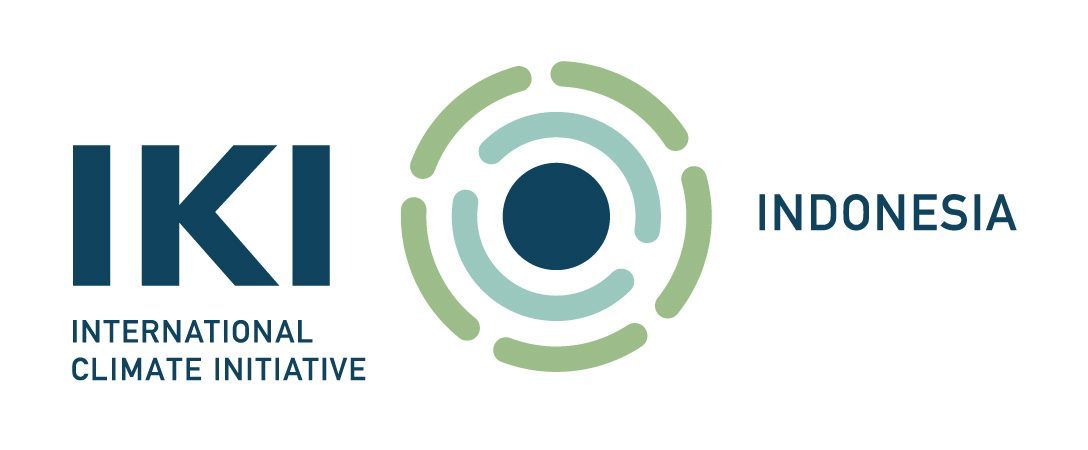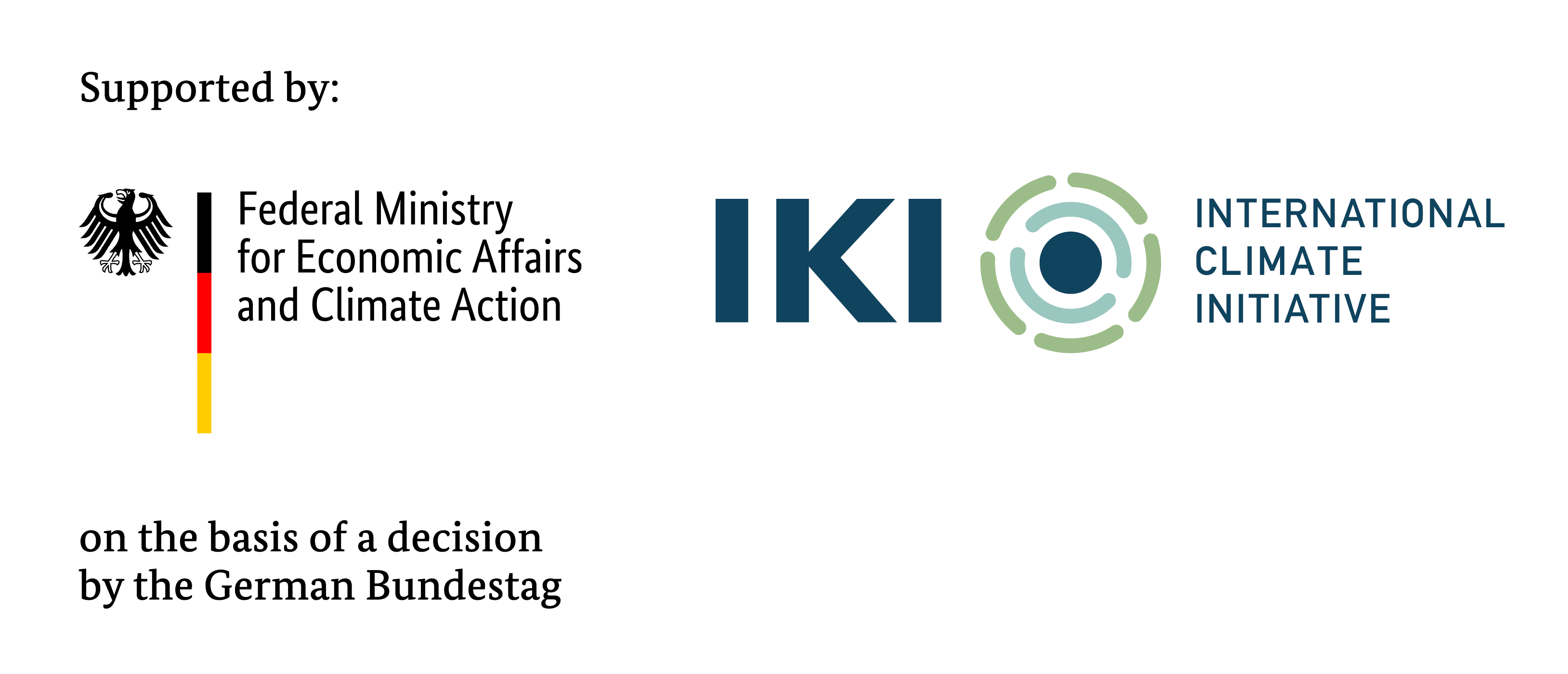25 March 2025
Written by Endah Sulistianti/Communications Office, Frankfurt Zoological Society-Sumatra Indonesia, endah.wahyu@fzs.org

On International Forest Day, the success of vanilla agroforestry in the Bukit Tigapuluh wildlife corridor shows how restoring forests can support both people and wildlife. Years of palm oil expansion have degraded habitats, threatening biodiversity. In response, Frankfurt Zoological Society (FZS) Indonesia has partnered with local farmers to integrate vanilla, coffee, and forest trees into their farms, offering sustainable alternatives that improve livelihoods while restoring ecosystems.
This initiative goes beyond economic benefits—it helps restore habitat connectivity for Sumatran elephants, tigers, and orangutans. In Delima Village, FZS has distributed 45,000 vanilla seedlings and established seed orchards, with a further 10,000 seedlings being planted. This model is proving successful even in lowland conditions, demonstrating that agroforestry can reforest landscapes, enrich biodiversity, and empower communities.
By promoting sustainable agriculture, FZS and local farmers are strengthening conservation efforts while ensuring economic resilience. The Bukit Tigapuluh Landscape is an example of how forests and communities can thrive together when conservation is integrated with sustainable development. On this International Forest Day, this initiative highlights the power of agroforestry in creating a future where people and nature coexist in harmony.

